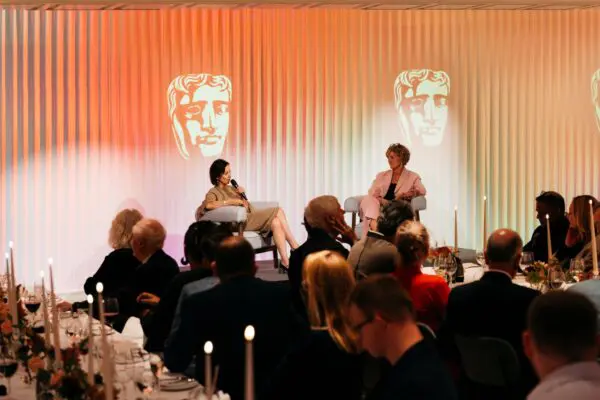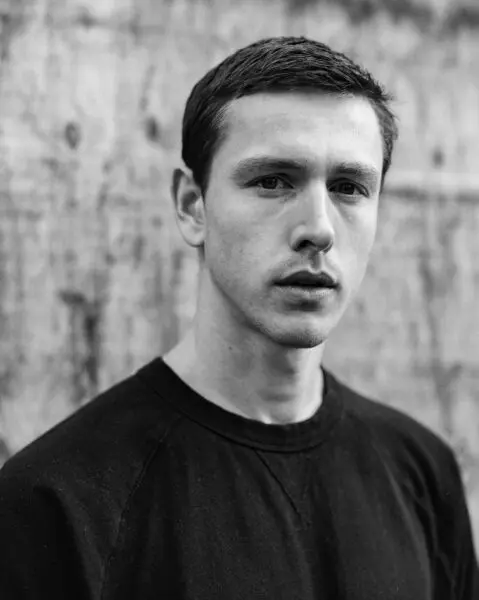It is well recognised that the stories we tell, and the way that we tell them, have power. This includes the power to inspire, drive action and create change on wide-ranging and complex issues such as the climate crisis. Luckily, the screen industries and its community of skilled storytellers are helping lead the charge by harnessing this power to drive forward positive change on the issues that matter most.
Speaking at a special screening of Ocean with David Attenborough – as part of the opening of BAFTA’s and BAFTA albert’s 2025 Green Light Season – award-winning producer and director Keith Scholey explored how and why screen narratives are having such an impact. Scholey, co-director of Ocean and long-time Attenborough collaborator explains: “We have this huge power in our industry to bring about change and raise awareness. And I think it’s just about thinking really hard about what are those issues, what are the moments and when we can bring these topics to the forefront.”
Using Ocean as an example Scholey had the following to say about creating powerful, change driving stories on screen…








